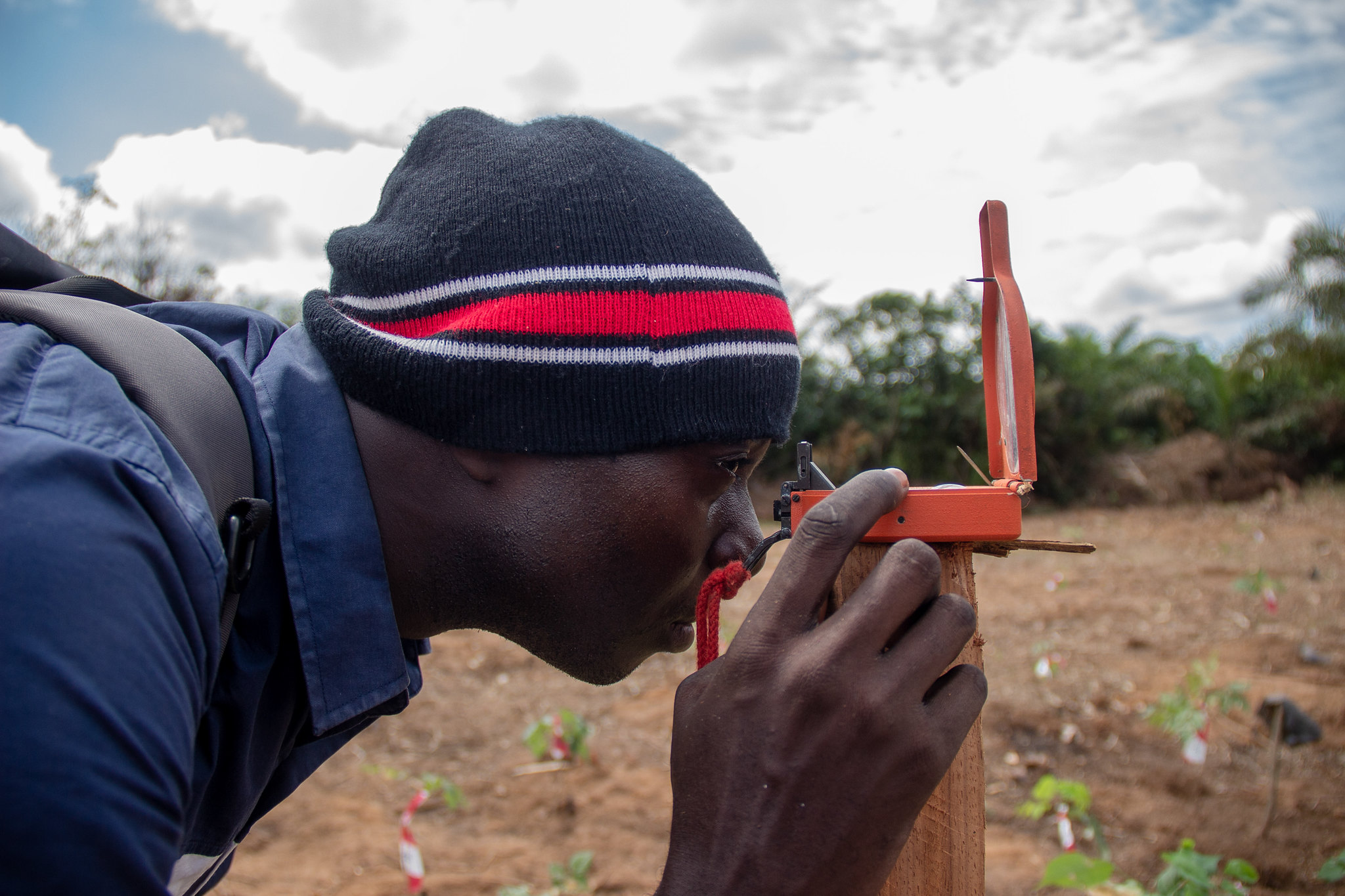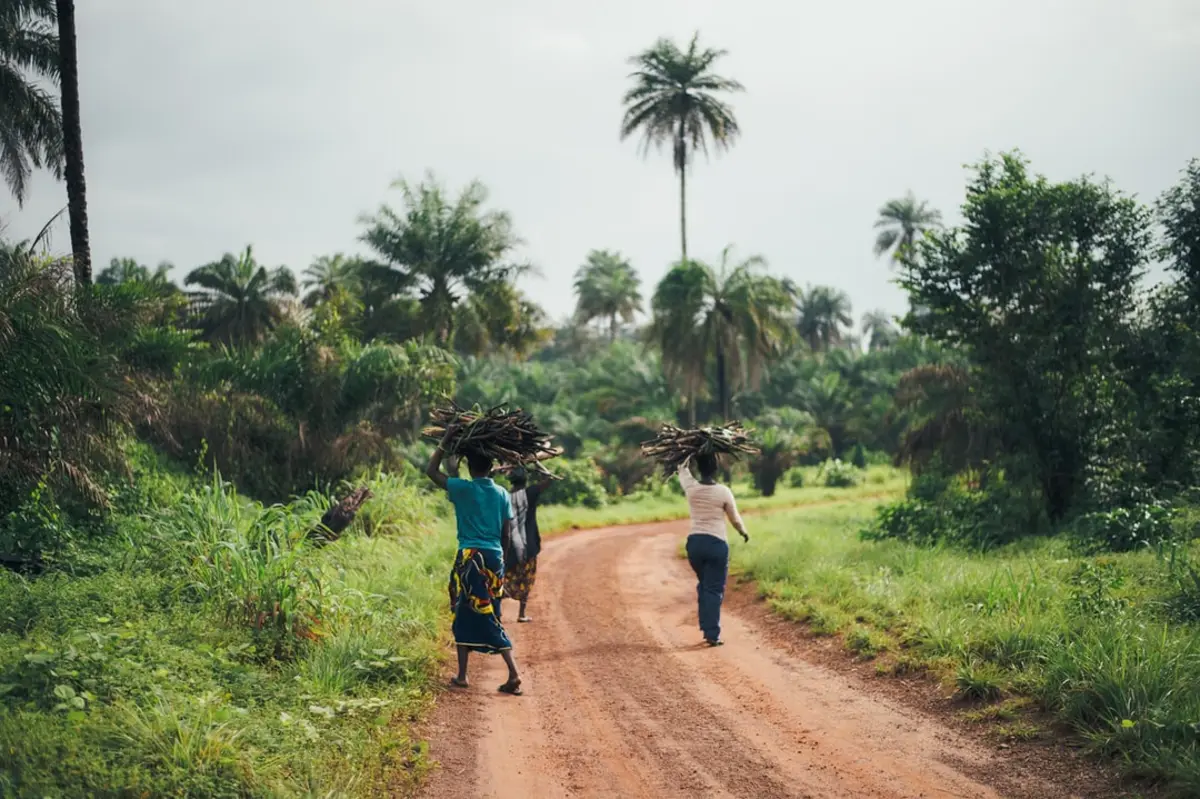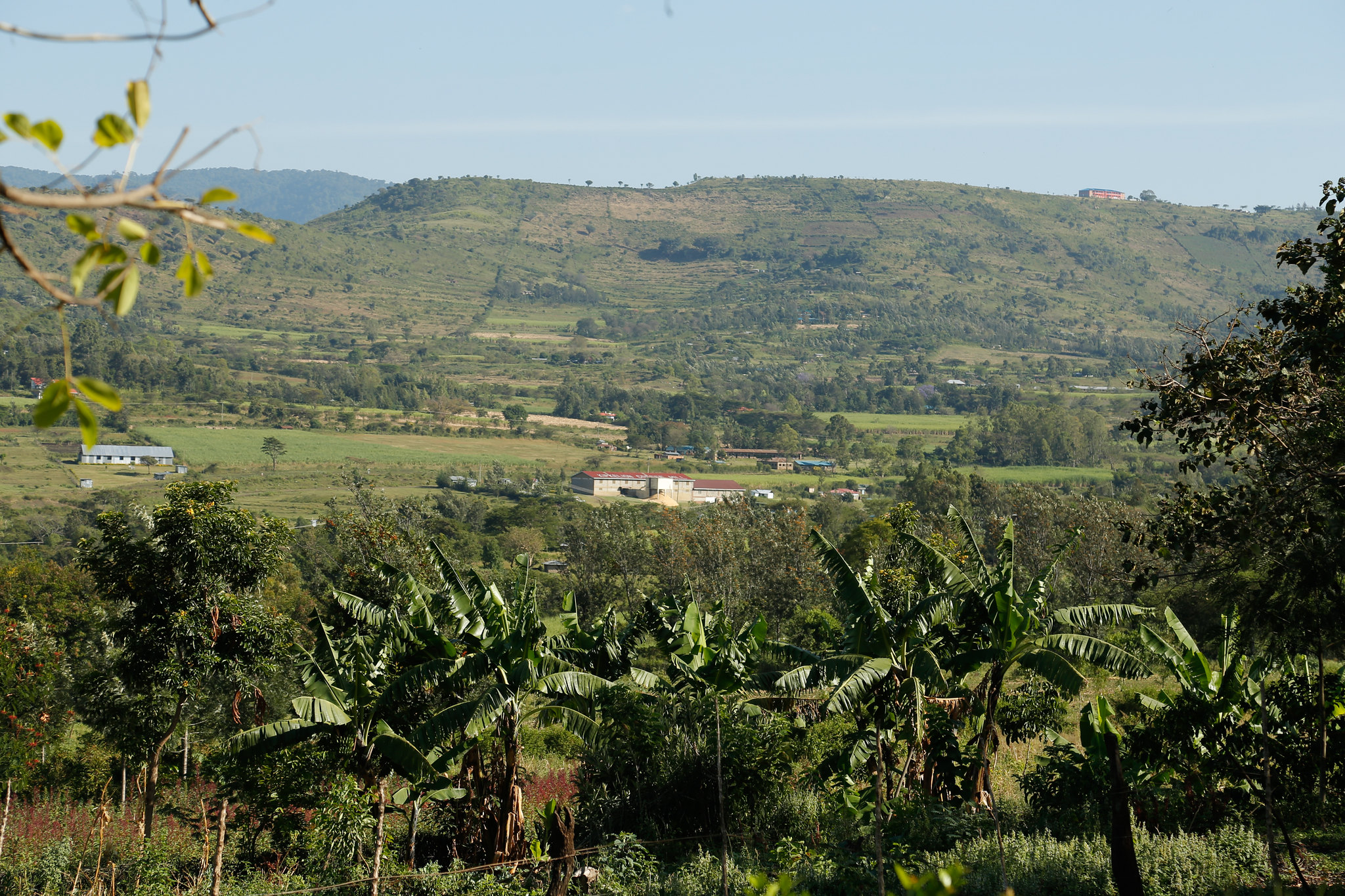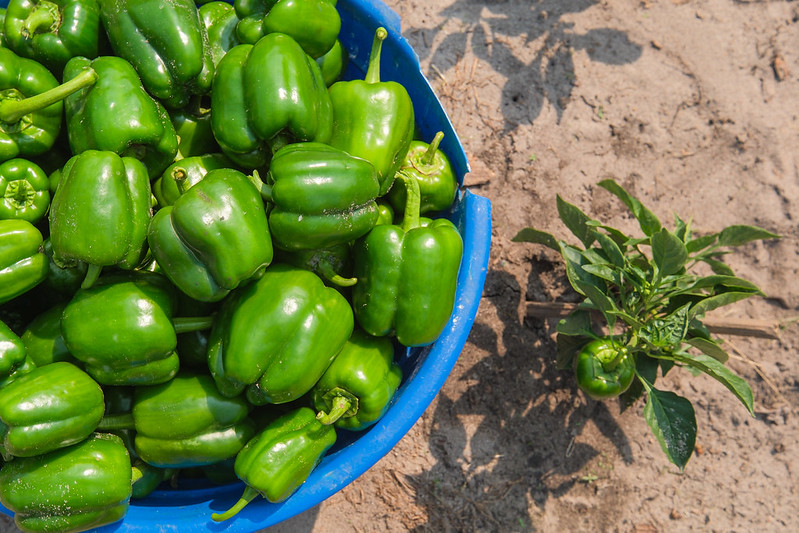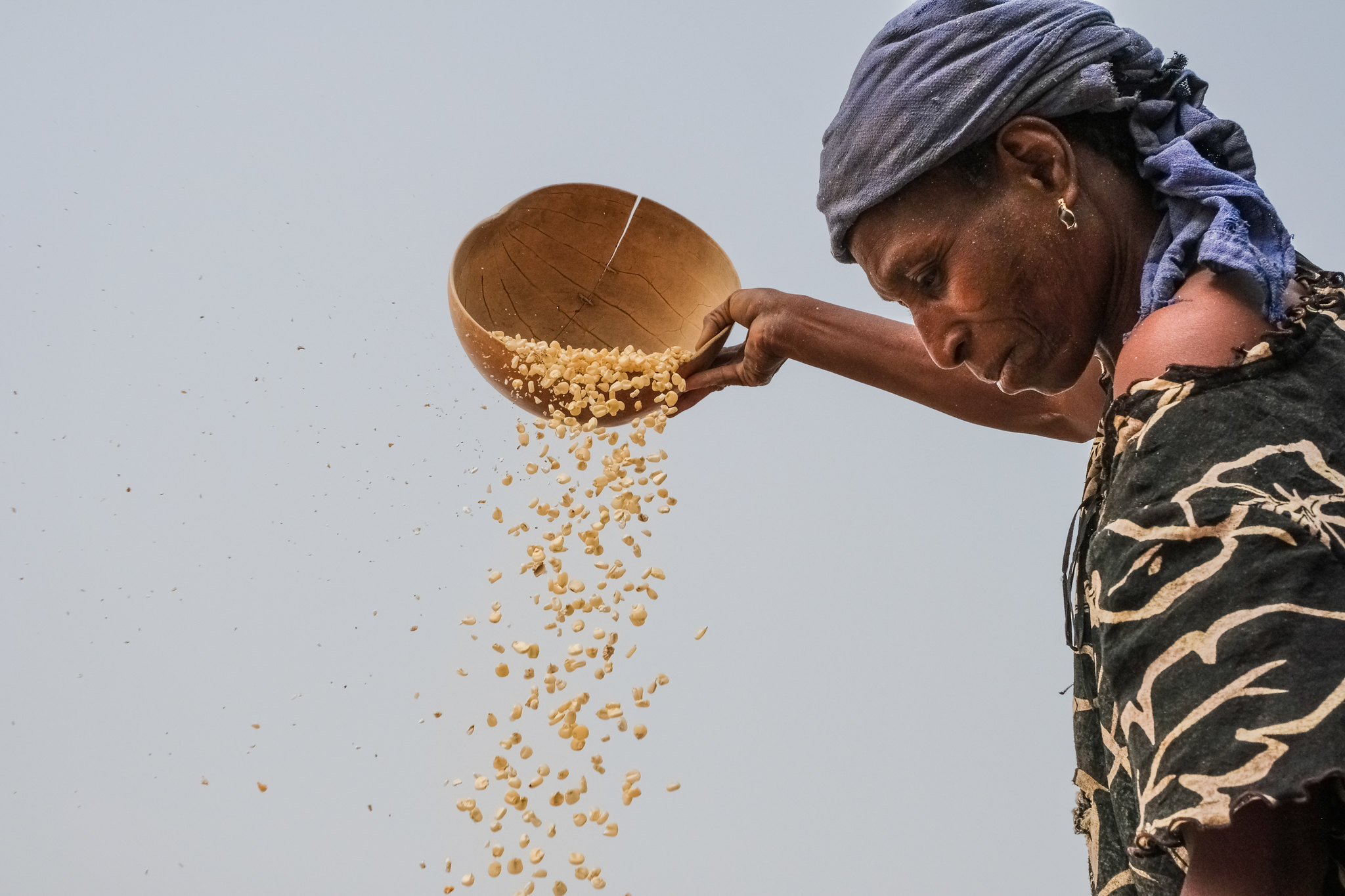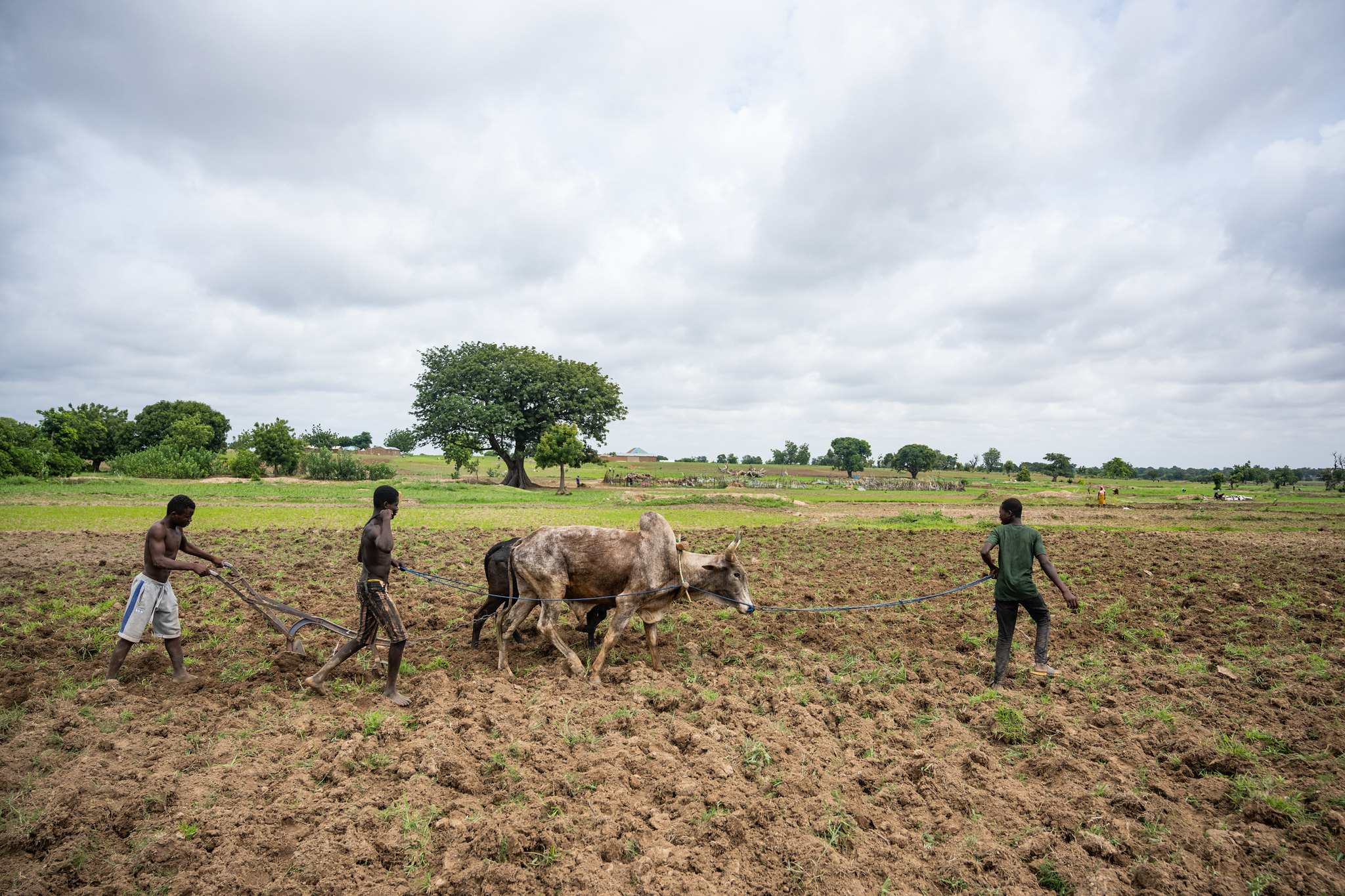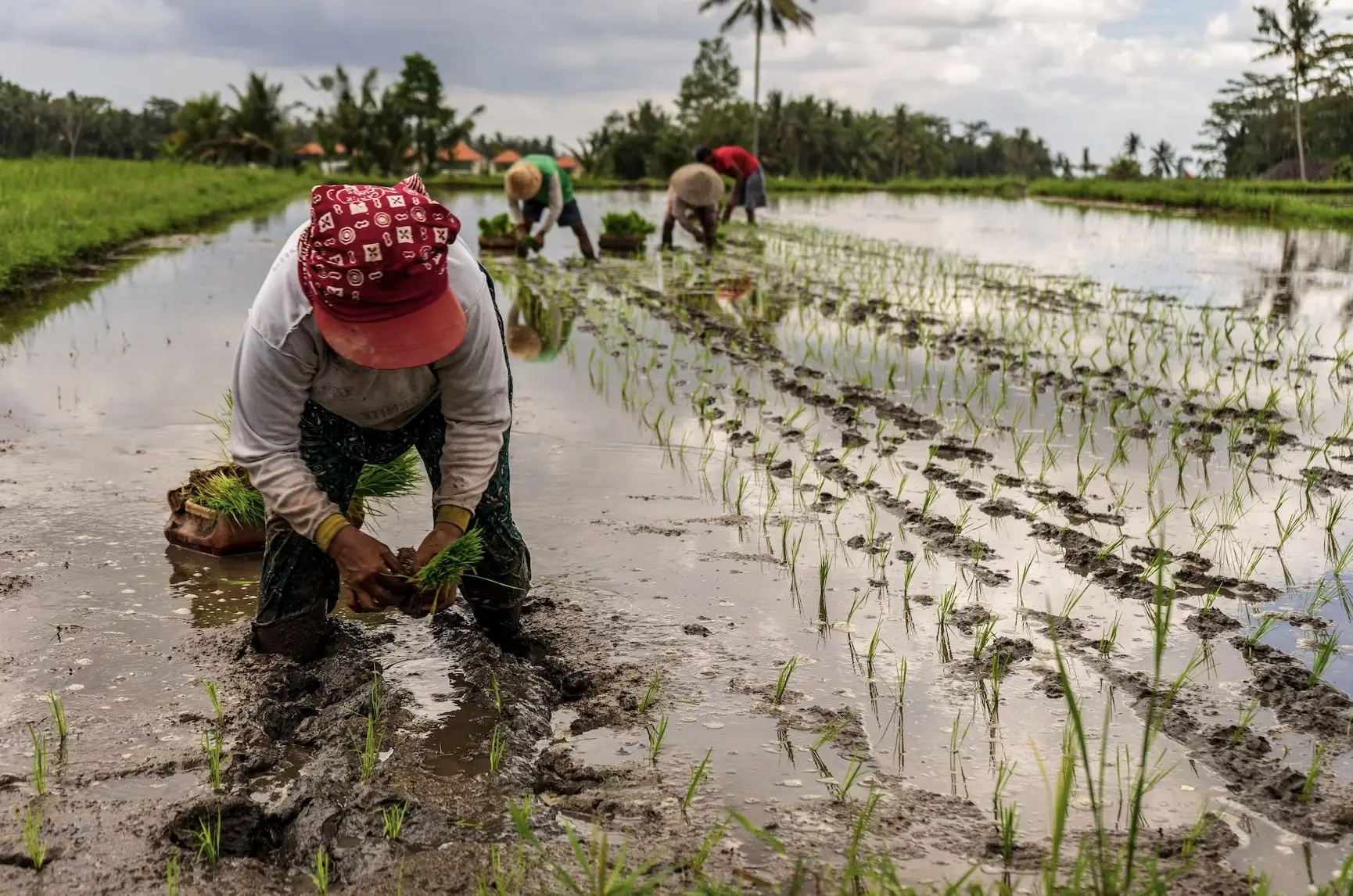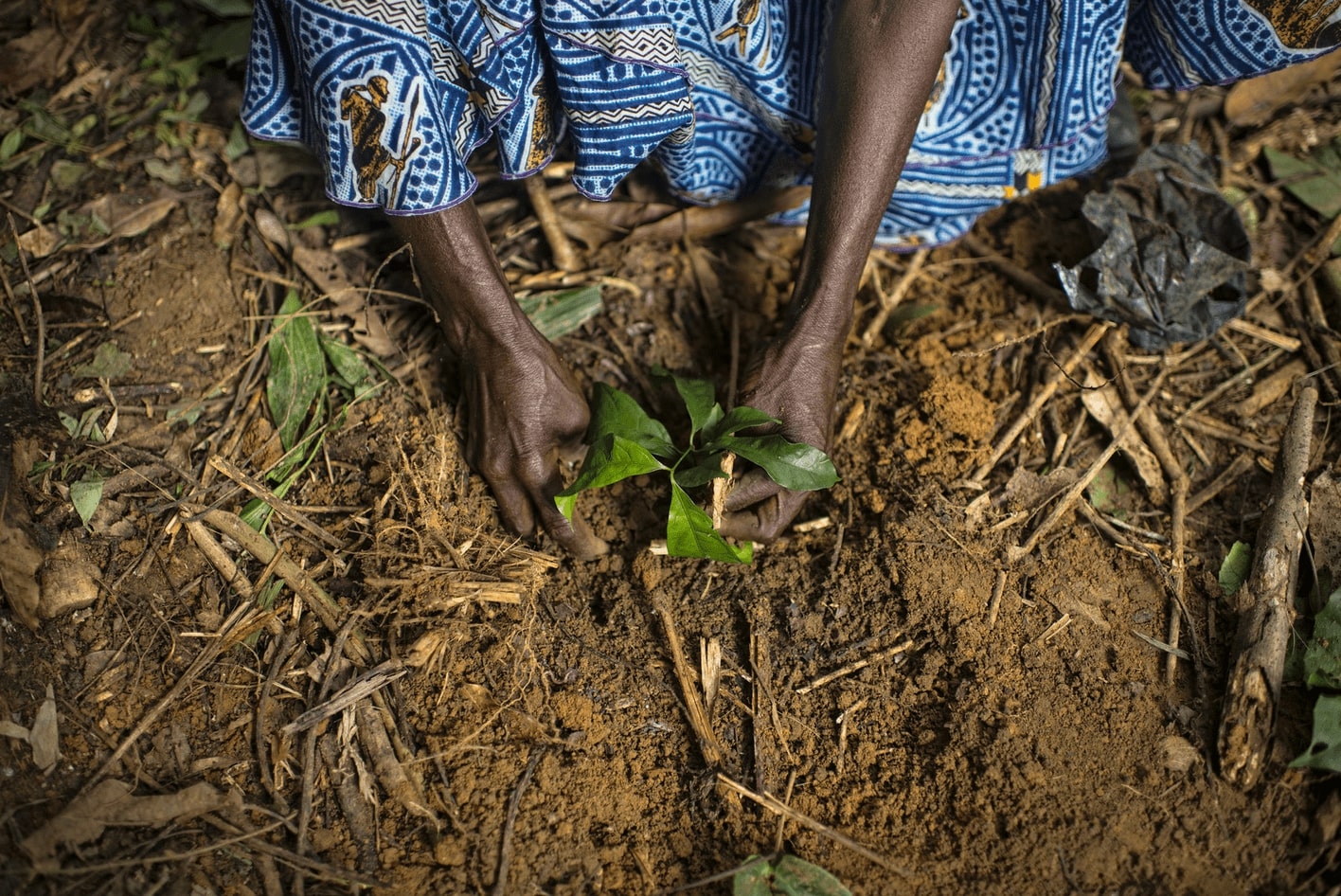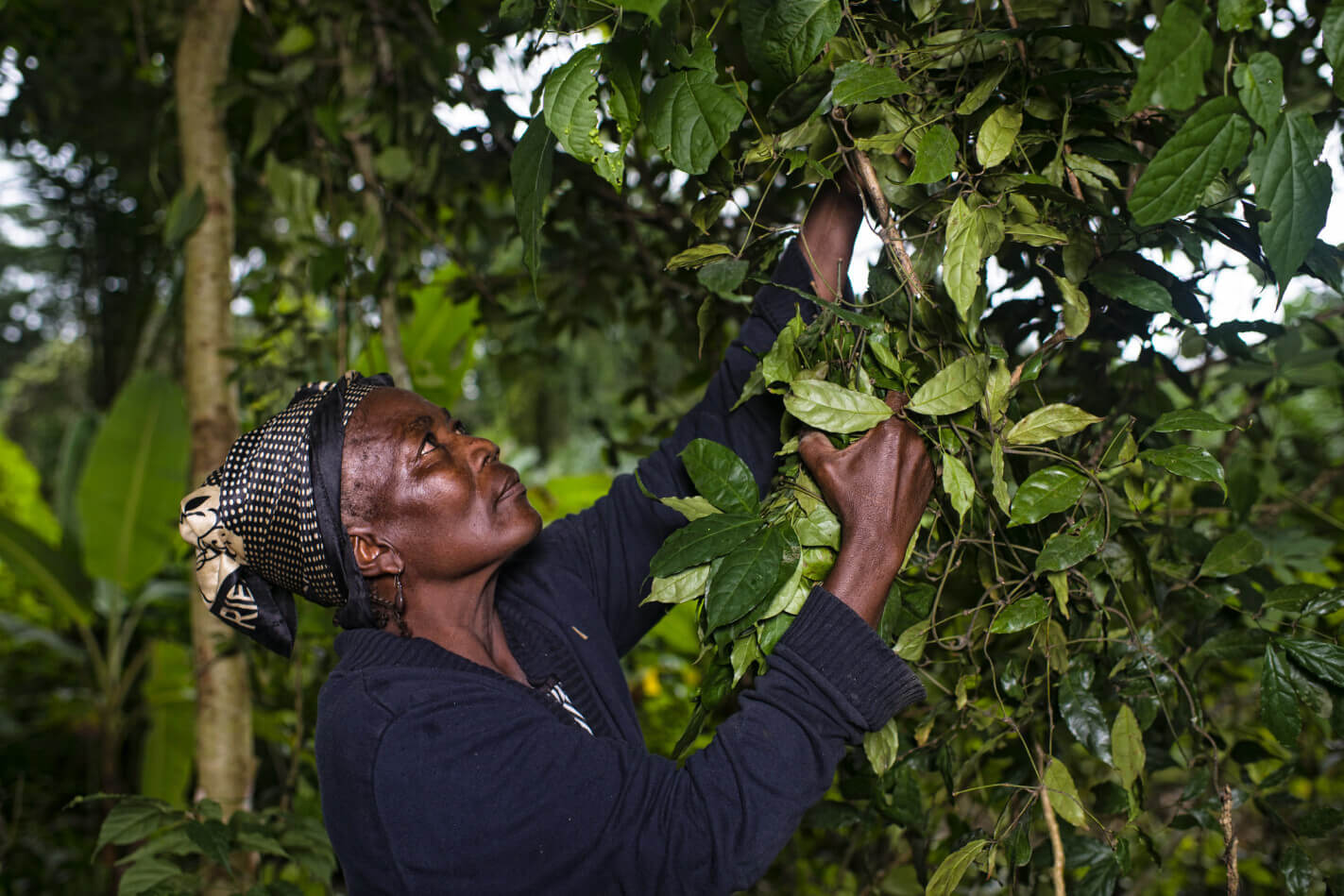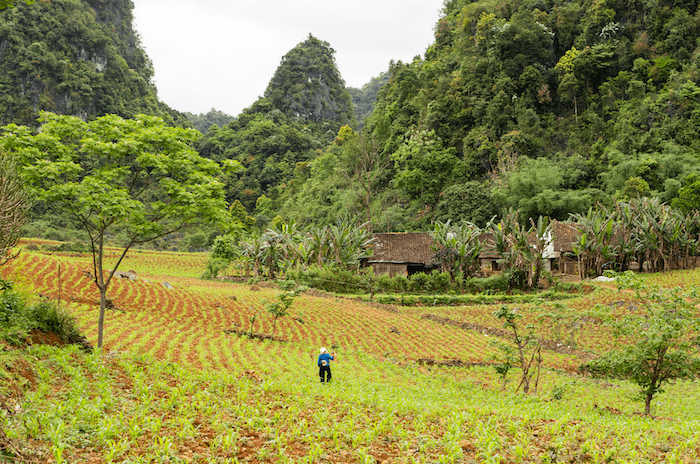Introduction The Metrics project is designed to support agroecological transitions through the development and adoption of holistic metrics and assessments for food and agricultural systems performance. To accelerate the transition towards agroecological approaches, several critical questions need to be addressed, including: how to measure agricultural performance in ways that allow equitable comparison; how to ensure…
Project Archives
Farmer Dashboards
Farmer-led Tools, Dashboard Development, and the Future of Farming (Farmer Dashboards)The Farmer-led Tools, Dashboard Development and the Future of Farming project is interested in identifying participatory ways of collecting farm-level data, and in understanding how that data can be made accessible to smallholders – with particular focus on women and girls – via ‘farmer dashboards’…
Holistic Performance Measurement for Food Systems Transformation – A Scoping Study
Introduction In the light of multiple, urgent and interconnected food system challenges – including but not limited to the climate and biodiversity crises, the triple burden of malnutrition and growing inequity – holistic and context-specific food system transformations are crucial. Agroecology is increasingly recognized as a promising approach for transforming food systems, rendering them more…
Food Systems Transformation through Agroecology
Introduction The three-year funding and support provided to the Agroecology TPP by the Liechtenstein Development Service (LED) supports the Agroecology TPP’s ultimate goal to fundamentally transform food systems through mainstreaming the 13 HLPE principles of agroecology, thereby making agricultural and food systems more sustainable, equitable, and resilient, all the while contributing to achieving food and…
Measuring Agroecology and its Performance (MAP)
Introduction The Measuring Agroecology and its Performance (MAP) project focused on generating evidence on the multidimensional performance of agroecology by using the Tool for Agroecological Performance Evaluation (TAPE) and the Agroecology Criteria Tool (ACT). It fostered agroecological transitions through developing stakeholders’ capacities on measuring agroecology and its performance as well as through generating evidence on…
Transformative Land Investment
Introduction Sustainable food systems that feed the world, support local communities, and protect ecosystems require that more transformative investment practices are mainstreamed across the business community. The Transformative Land Investment (TLI) project fosters mainstreaming by working with investors, the national business ecosystem, and global and regional development communities. This involves a multi-pronged approach that aims…
The Agroecology Initiative
Overview The CGIAR Initiative on ‘Transformational Agroecology across Food, Land and Water Systems’ works with small-scale farmers across seven nations in Africa, Asia and Latin America. The initiative builds on the premise that to be successful, agroecology must be flexible with solutions tailored to specific environmental, socio-cultural, economic, and political contexts rather than offering prescriptive…
Regional Multi-Actors Research Network: RMRN project on agroecology
Support to Regional Centres of Excellence related to Green Transition – FARA/RUFORUM component on agroecology (Regional Multi-Actor Research Network: RMRN Project) It is estimated that about 200 million people in Africa are food insecure and undernourished, and the figure is increasing gradually. Agriculture is the main source of the economies in almost all SSA countries….
Agroecology and circular economy for ecosystem services
The Agroecology and Circular Economy for Ecosystem Services (ACE4ES) project represents a transformative multidisciplinary initiative underpinned by technology and innovation, capacity building, governance strengthening and mass communication. ACE4ES seeks to revolutionize agricultural and food systems by integrating agroecological principles and circular economy practices to enhance the resilience of livelihoods and landscapes, particularly in rice and…
Agroecology for Resilient Landscapes
Agroecology for Resilient Landscapes for the Poor in Northern Uplands of Viet NamIn the Northern mountainous region of Viet Nam, unsustainable agricultural practices have been posing serious threats to the livelihoods of poor ethnic minorities and ecosystems. Among the major concerns are the predominance of monocultures, inappropriate management of sloping land, and overuse of chemical…

